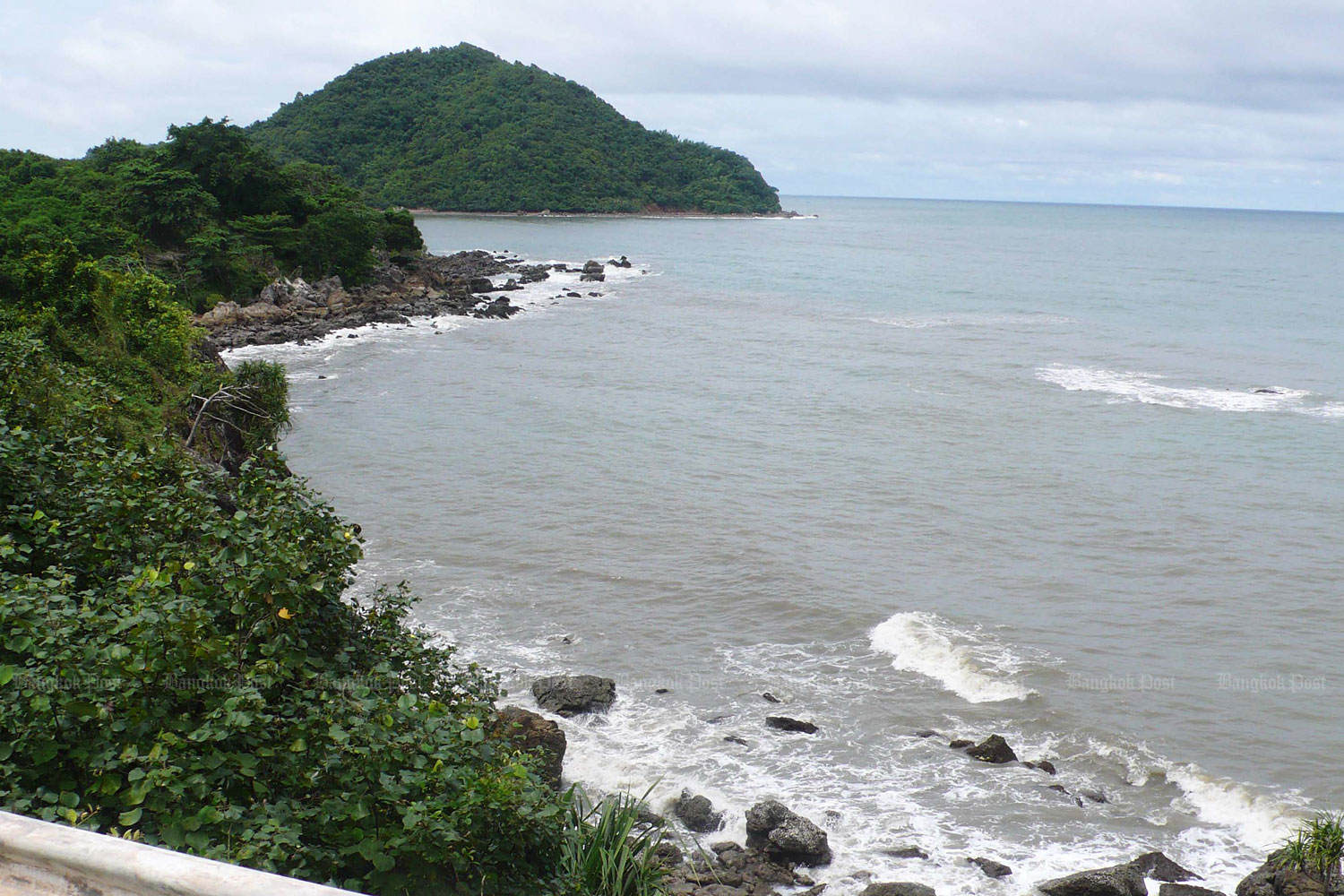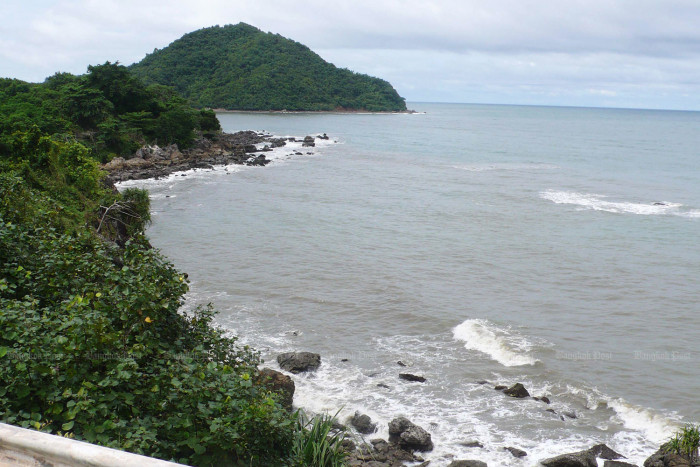PUBLISHED : 31 Jul 2025 at 03:30
Small
Medium
Large

Despite a tsunami warning triggered by an 8.8-magnitude quake, Thai outbound tourism to Japan remains steady. No cancellations have been reported, and flights continue as scheduled. Travel agents say Thai tourists are resilient and familiar with Japan’s seismic risks, expecting only short-term effects on travel sentiment.
Outbound tourism operators noticed only a short-term impact from a tsunami warning on travel sentiment as groups have yet to cancel their trips, according to the Thai Travel Agents Association (TTAA).
An 8.8-magnitude earthquake triggered tsunami warnings and evacuations in certain Pacific areas, including Russia, Hawaii in the US and Japan.
More than 2 million people living along Japan’s coastline were instructed to evacuate, while high waves of 1.3 metres reached a port in Iwate prefecture.
Anake Srishevachart, honorary chief advisor at the TTAA, said Thai tourists know Japan is a destination prone to earthquakes. He said this event should have only a short-term impact on Thai tourists.
There were no cancellations from Thai tour groups scheduled to travel soon, while flights bound for Japan are still operating as usual.
Mr Anake said this event is unlike the 2011 Japan earthquake and tsunami that damaged the Fukushima nuclear power plant, causing the release of radioactive contaminants and clearly hampering outbound tourism to Japan.
However, since the situation is still unfolding, the association needs more time to evaluate the impact on tourism, which depends on the level of tsunami destruction of Japan’s cities and attractions, he said.
According to the Japan National Tourism Organization, Japan welcomed more than 680,500 Thai tourists in the first six months of the year, up 10.1% year-on-year.
Mr Anake said the number of Thai tourists visiting Japan should exceed 1 million in 2025, similar to last year.
Japan remains a favourite destination for Thais, thanks to the weak yen, short travel distance and numerous attractions, though China has emerged as a rival due to its visa-free policy, he said.
Airfares from Thailand stabilised based on competition, unlike the period after the pandemic, according to the TTAA.
For the inbound Japanese market in Thailand, the relatively strong baht has affected the number of tourists, said Mr Anake.
If the border dispute is prolonged or escalates, it could impact overall foreign tourists as well, he said.
Nuntaporn Komonsittivate, head of commercial at Thai Lion Air, said the airline is monitoring the situation in Japan, but so far there are no cancellations from tourists due to this incident.
Japanese airports where Thai Lion Air operates flights to in Okinawa, Nagoya and Tokyo are still open as normal.
She said as this month is not the high season for Japan, the airline recorded a load factor of roughly 70%.


AloJapan.com